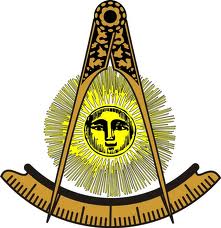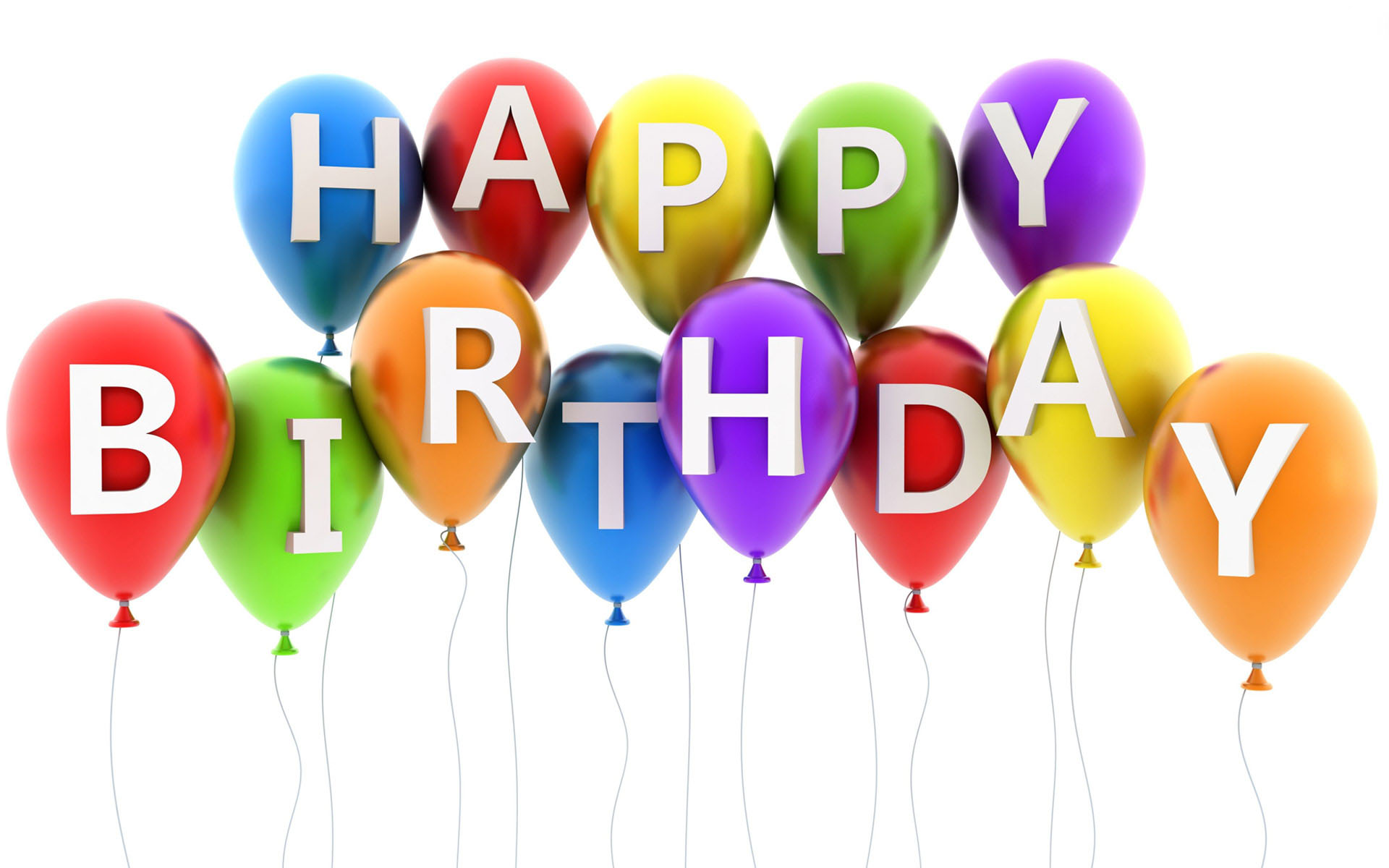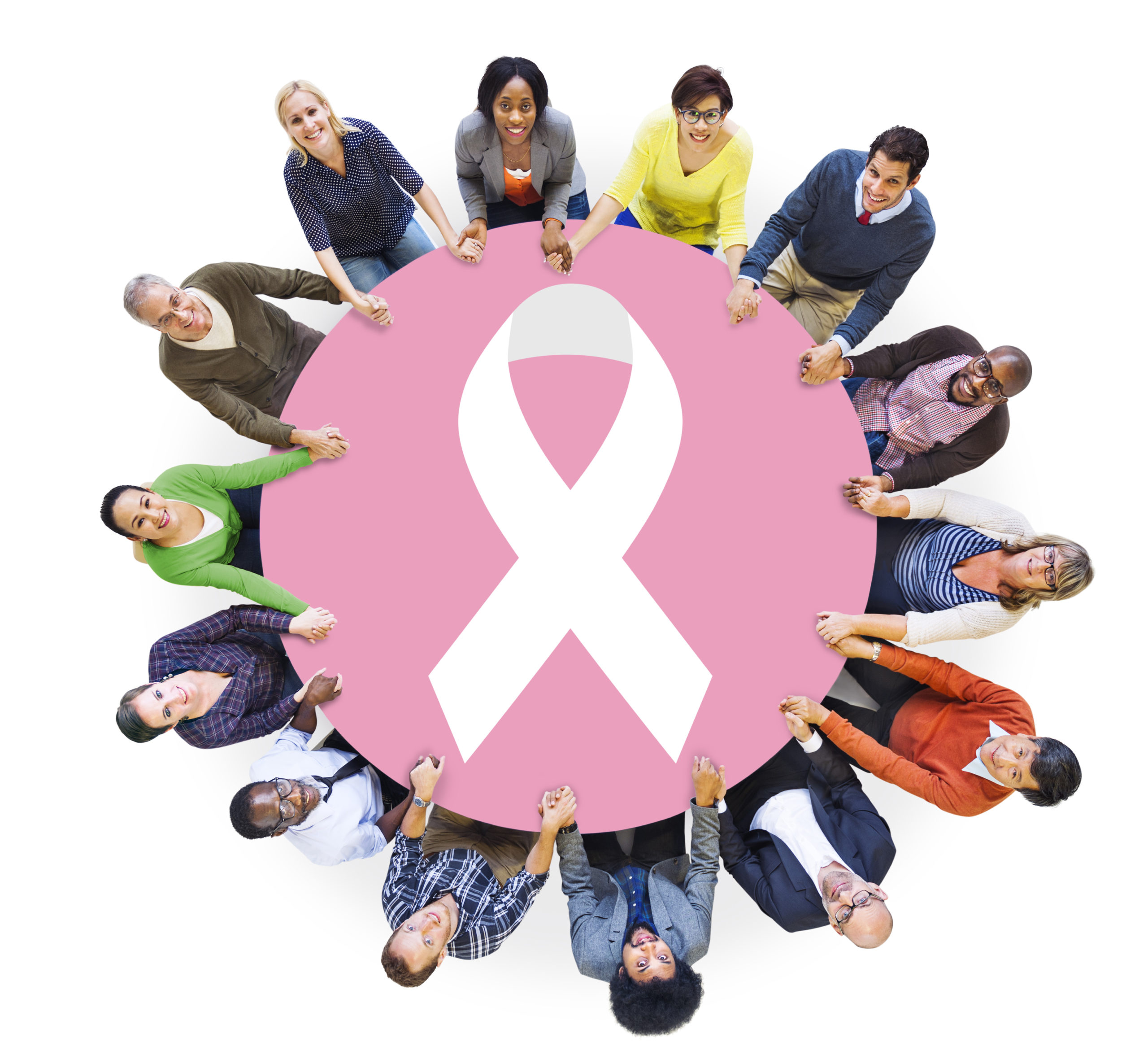
Living Past Masters
Masonic Birthdays

SEPTEMBER
GEORGE R GREENLEY – 09/22/1965
RICHARD D TILL – 09/25/1974
THOMAS J VENTURA SR, PJGW – 09/14/1977
GREGORY A SCHULZE,PM – 09/23/1992
MARK KURKOWSKI – 09/22/2010
KYLE C SCHULZE,PM – 09/22/2010
Hope and Healing
 A cancer diagnosis at any age is life‐changing.
A cancer diagnosis at any age is life‐changing.
Hope and Healing

But for young people, it can often feel extra unfair. It's a time when their adult lives begin
to take shape ‐ they're starting careers and families, working toward financial independence,
travelling and setting life goals.
A cancer diagnosis for a young person also means they're grappling with issues that might not be
as pertinent to older folks: body image, dating and intimacy are all affected by cancer treatment, and
there are often snap decisions that need to be made about family planning and fertility before cancer
treatment starts.
At a time when they're focusing on building more independence, a cancer diagnosis can force them
into a place where they need to depend on others more than they would like. It can also be very
isolating; because cancer is rare in those between the ages of 18 and 40, it can be tough to find
peers who understand and can empathize.
To say cancer is an unwelcome interference is an understatement.
Here is a story of survival, how a life was upended and how this person found the motivation to carry
on, deal with the disappointment of dashed dreams and pick up the pieces of their lives after a
crushing diagnosis.
Kolter Bouchard, a radio host for 102.1 The Edge, was struggling with some typical life stressors and
COVID-19 in 2020: his wife had just given birth to their first child, he was working from home and was
in the middle of moving.
So, at age 28, when he felt a couple of bumps on his neck, the radio host didn't really consider
cancer despite it being one of Google's top results for his symptoms.
"I had to convince myself that, no, it's probably not that. I'm probably sick or it'll pass,"
Bouchard said.
But when the lumps multiplied and spread to the other side of the neck, he knew it was time to see a
doctor ‐ not an easy feat during the early days of the pandemic.
Soon, he had an answer: it was Hodgkin lymphoma. For a guy like Bouchard, who says he's
usually pretty good at handling emotion and uncertainty, the diagnosis was almost too much.
"I would explain situations to my wife and then I would break down in tears afterwards and
just howl at the ceiling," he said.
His daughter, only six months old at the time, was too young to understand, but Bouchard remembers
being concerned about how his loved ones would react.
"I think a lot of other cancer survivors or people experiencing cancer will tell you the same
thing ‐ it feels like you need to be there for people more than they need to be there for you."
A month after receiving his diagnosis, Bouchard started chemotherapy. A few cycles in, he heard
devastating words from his doctor: "It''s not working."
His condition continued to worsen, and his doctors switched him to something called "salvage"
chemo, a "dark and morbid term," he explained, "because
essentially what they are trying to do [is] to salvage your life at that point."
Following successful clinical trials, Bouchard marked the start of 2021 by ringing the cancer bell,
signifying an end to the gruelling treatment and his newfound status of "no evidence of disease," or NED.
Bouchard has been very open about his personal struggles on‐air and across social media, and what
surprised him the most was his story inspired others into action.
He says at least two listeners went for testing after hearing his story, and both were diagnosed with
their own cancers.
"As crappy as it is to hear that you are the reason why someone found out they had cancer,
ultimately, I imagine how much worse could it have been if they continued ignoring it," he said.

Have You Considered
Leaving A Legacy?
Have you considered leaving a Legacy to your lodge, St. John's Lodge No 2? If you have, please make sure that St. John's Lodge No 2 is included in your Wills and Trusts so that your legacy can continue to help promote Freemasonry in the State of Delaware long after you have left your brethren behind. Freemasonry in Delaware has just celebrated its 200th anniversary. With your help, maybe it can celebrate its 300th one day.
Courage doesn't always roar. Sometimes courage is the little voice at the end of the day that says I'll try again tomorrow.
‐ Mary Anne Radmacher

"3 TIMES 3" ‐ In ancient times the Entered Apprentice Degree was alone prevalent amongst the
generality of our Lodges; for no Brothers could be passed and raised except in the Grand Lodge, and
few availed themselves of the privilege. Hence they had only one sign, one token, and one word, and
these three constituted the honors. But the members of the Grand Lodge had three signs, three tokens,
and three words, and therefore, three times three were appropriately termed the Grand Honors."
‐ from the September 1974 Bulletin of the Masonic Relief Association of the U.S. and Canada
